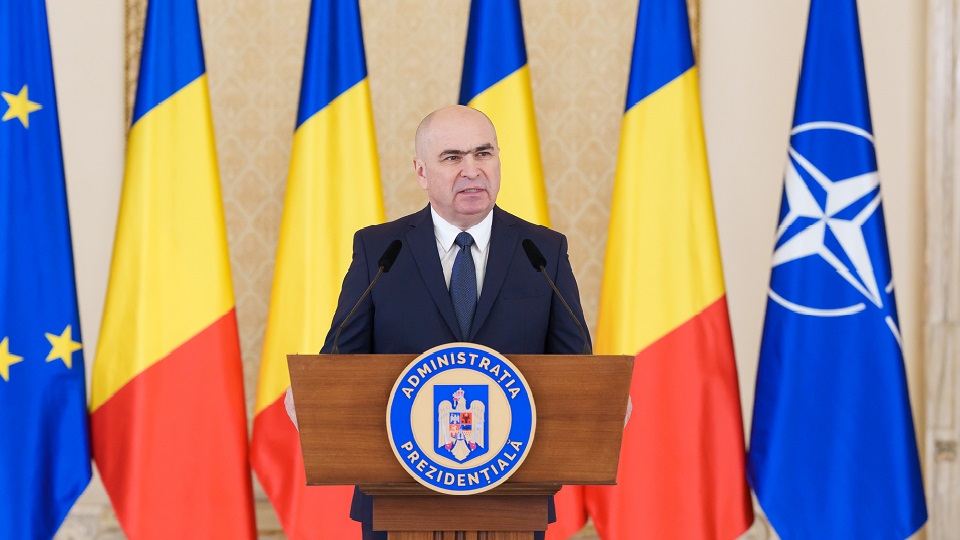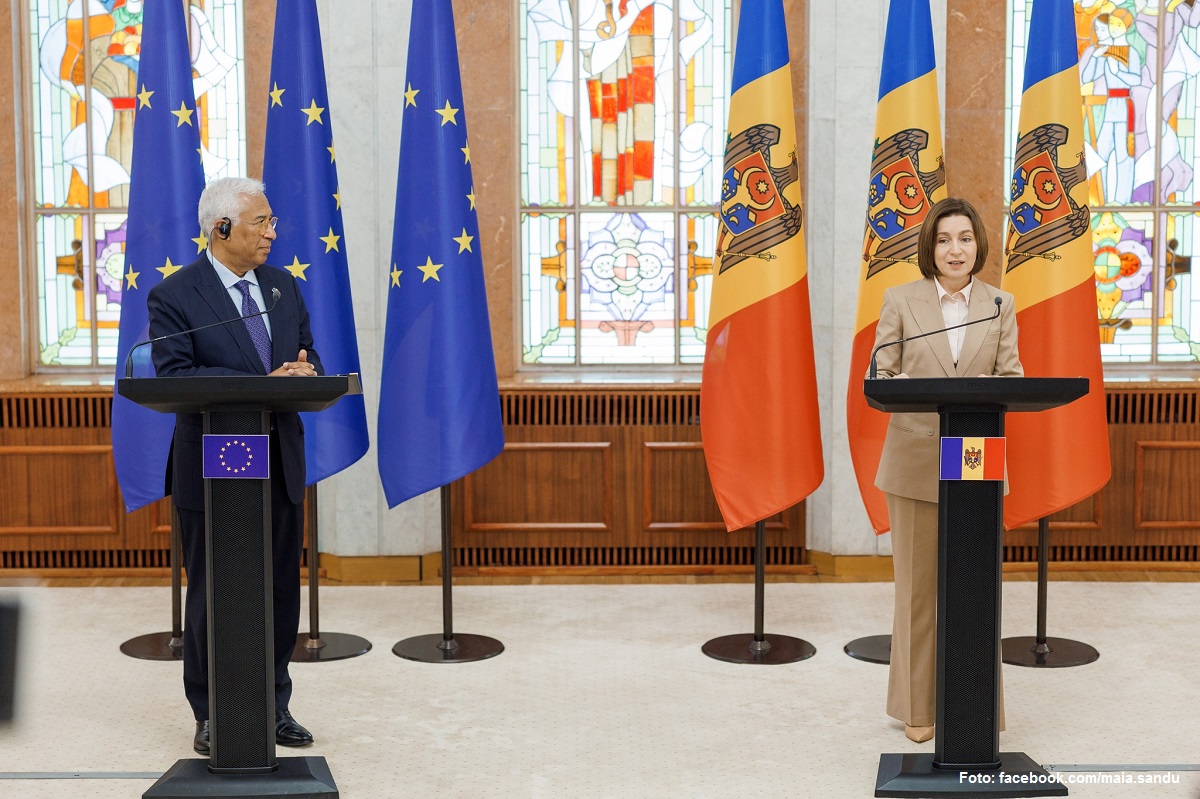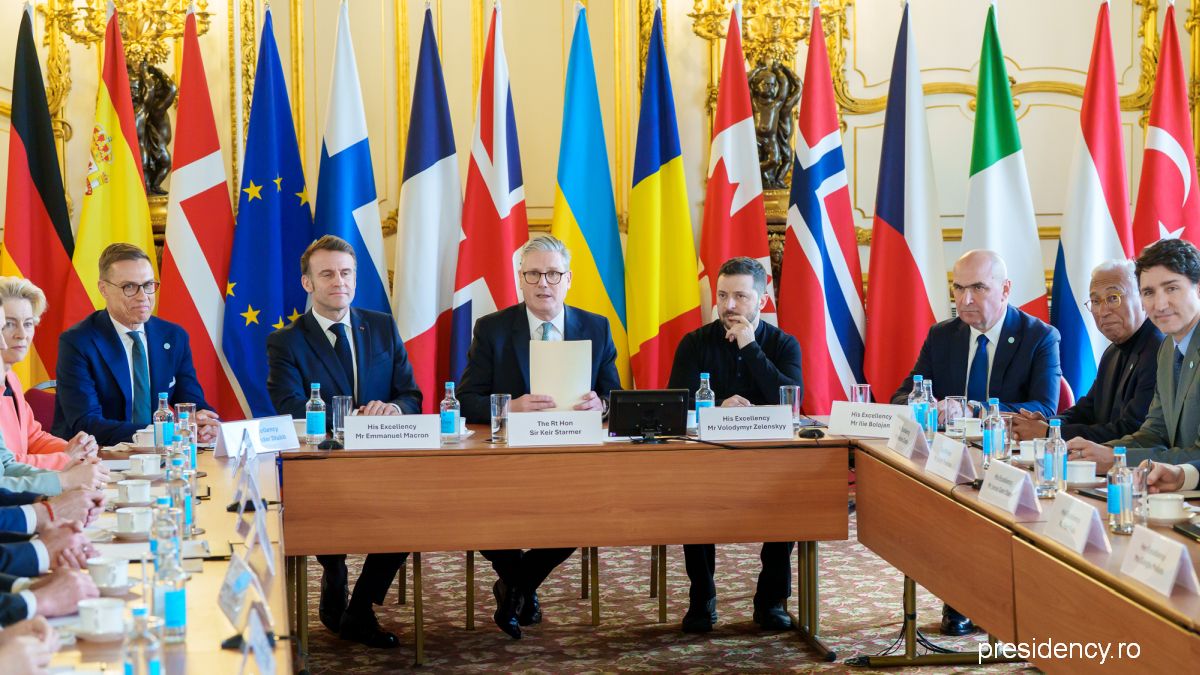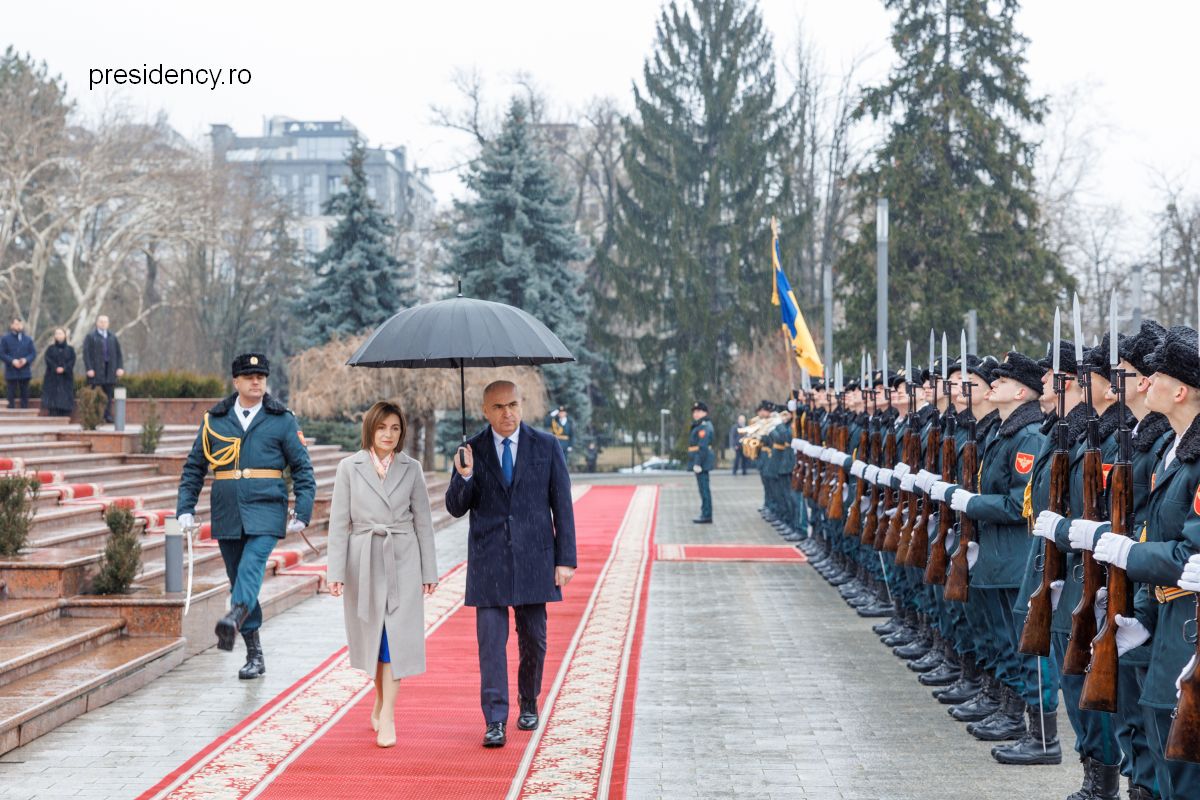Support for Moldova on its path towards the EU
During his first visit to Chisinau in his capacity as European Council President, Donald Tusk congratulated Moldova on its progress and urged that countrys authorities to speed up EU accession reforms.
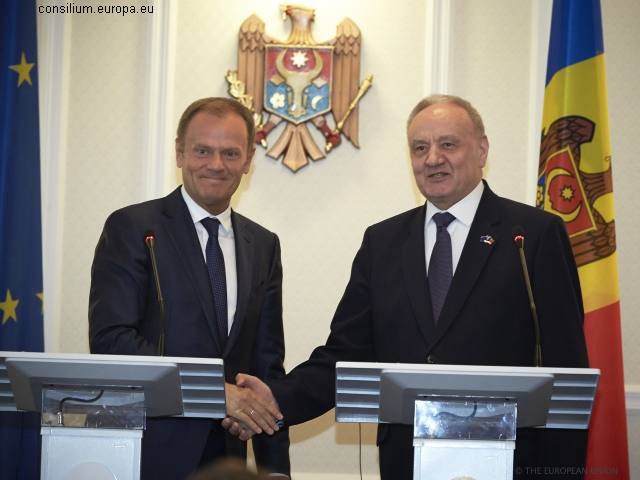
Bogdan Matei, 29.04.2015, 13:44
The president of the European Council, Donald Tusk, the most prominent of the Brussels officials to visit Chisinau this year confirmed that the Republic of Moldova was leading the group of six ex-Soviet states included by the EU in the Eastern Partnership. At the end of the visit, Donald Tusk said that the Republic of Moldova continued to be the most promising partner of the Eastern Partnership countries and that that he was sure the EU enlargement process would have a happy ending. He said that Moldova’s European aspirations were quite justified.
In Chisinau Donald Tusk met with Moldovan President Nicolae Timofti, Prime Minister Chiril Gaburici and Parliament Speaker Andrian Candu and reiterated his support for that country’s EU accession. The European official, however, made it clear that reforms had to be stepped up, particularly in fields like the judiciary, combating corruption and the banking system, which has been lately affected by scandals and dubious practices. “Advanced reforms are needed, likely to bring about real change in the citizens’ lives,” Tusk said. In turn, President Nicolae Timofti admitted that the reforms were a top priority:
“We have agreed on the fact that what Moldova needs is to consolidate its status as a state of law and its democratic institutions. In order to reach this goal, further support from the EU is vital.”
The settlement of the frozen conflict in the pro-Russian breakaway region of Transdniester, in eastern Moldova, and the regional crisis sparked off by Moscow’s interference in neighboring Ukraine was also approached by Donald Tusk and his Moldovan hosts. The European Council President’s visit to Moldova is seen by political analysts as symbolic, aimed at marking one year since Moldovan citizens have been allowed to travel visa-free to the Community area.
Another reason for this visit, as Radio Romania”s correspondent in Chisinau quotes political analysts as saying, was to speed up the pace of reforms, in the run up to the Eastern Partnership Summit due in May in Estonia, which is also a former Soviet state, today an EU member. Tusk also held talks with the former Prime Minister Iurie Leanca, who last year headed the government that signed the country’s association and free trade agreements with Brussels. Beyond any resentment at being passed over for another PM mandate, following the parliamentary elections last November, Iurie Leanca’s expertise in the field of EU accession cannot be denied.
Today he compares Moldova with a ship cast adrift and argues that the Chisinau government does not have a clear vision for the country, being dependent in Parliament on the votes of the pro-Russian communists. For this reason, Leanca does not believe the country will be able to reach its EU accession target in 2020, a deadline set while he was prime minister.

